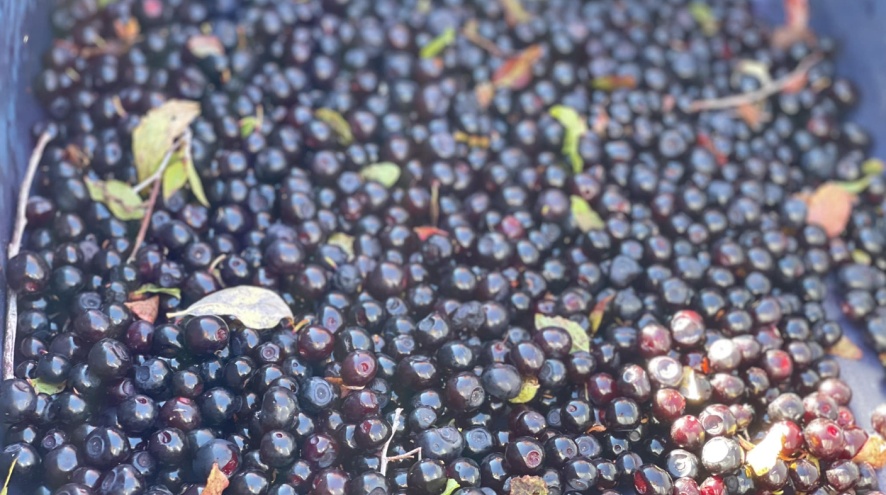Diabetes Awareness Month, 2024
In partnership with the First Nation Health Authority, this November, we are drawing attention to the growing prevalence of both dementia and diabetes in Indigenous communities.

Earlier this year, the Alzheimer Society of Canada published the Landmark Study, highlighting the rising rates of dementia across the country. By 2050, Indigenous communities are expected to experience one of the highest increases in dementia rates among Canada’s ethnic and racial groups, with the number of Indigenous people living with dementia projected to rise by 273 per cent, from 10,800 to 40,300. This increase means community members and Elders will require increased support and care to navigate the symptoms they experience related to dementia.
While the exact causes of dementia are still not fully understood, we know that several factors can increase the risk of developing dementia, including a diagnosis of type 2 diabetes later in life. Indigenous people in Canada experience higher rates of diabetes than the general population, with First Nations people living in community diagnosed at a rate that is three to five times higher than other Canadians. This disparity is linked to limited access to healthy, nutritious and affordable food, and culturally safe health care services, often resulting from Canada’s historic and ongoing colonial policies, including residential schools, Indian hospitals and the Sixties Scoop.
Diabetes is a condition where the body cannot manage its blood sugar levels because of insulin resistance. Insulin is a hormone that helps to convert sugar to energy, which lowers blood sugar levels. When sugar cannot be converted to energy, the sugar remains in the blood stream and over time, can cause damage to organs and blood vessels.
Indigenous people, families and communities continue to show strength, innovation and motivation to develop grassroots, culture based and holistic responses to prevent, detect and manage diabetes. Getting checked for diabetes, and getting support when needed, is a great step in holistic wellness, and could help to protect the brain and body, reducing the risk of dementia.
With more Indigenous people in Canada receiving a diagnosis of dementia, the need for dementia-friendly communities – places where people affected by dementia are acknowledge, supported and included – is becoming increasingly important, because many people who live with dementia feel isolated and experience stigma in their day to day lives. By learning more about dementia and talking about it, you are helping to reduce stigma and build dementia-friendly communities.
If you would like to find support or more information and resources about dementia, please visit the Alzheimer Society of B.C.’s website or call the First Link® Dementia Helpline at 1-800-936-6033.
You can also read more about dementia by checking out the I-CAARE factsheets.
